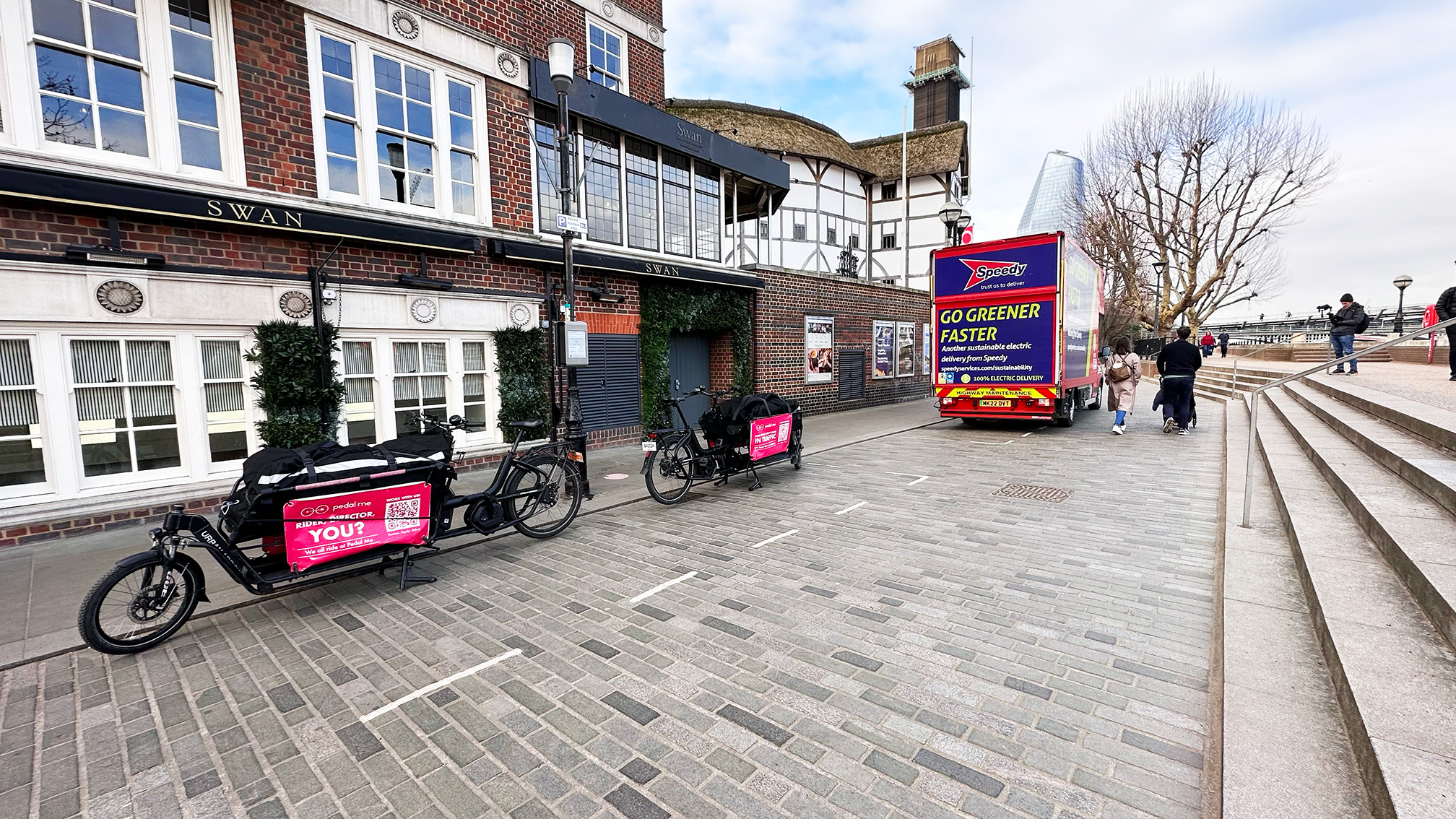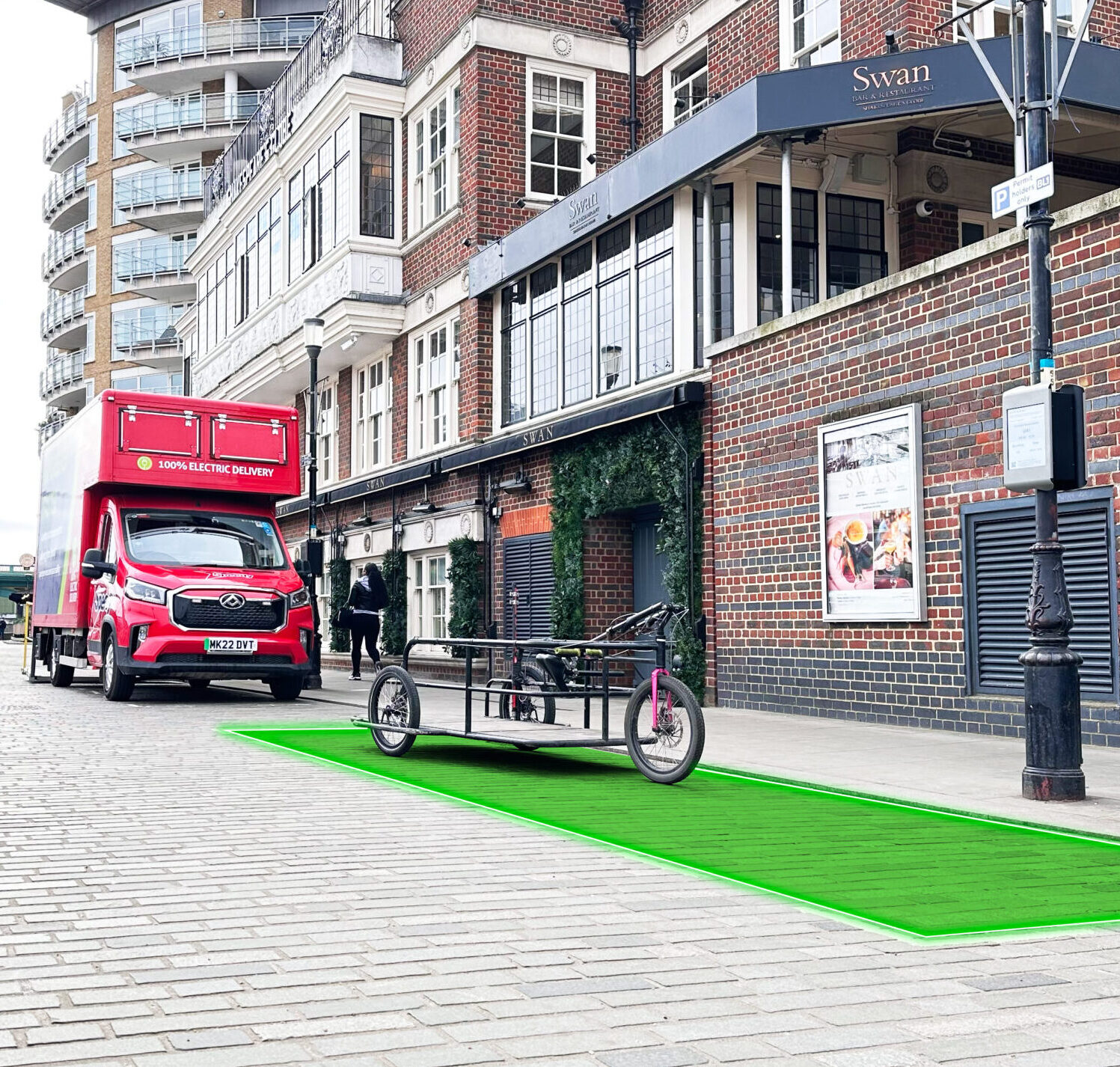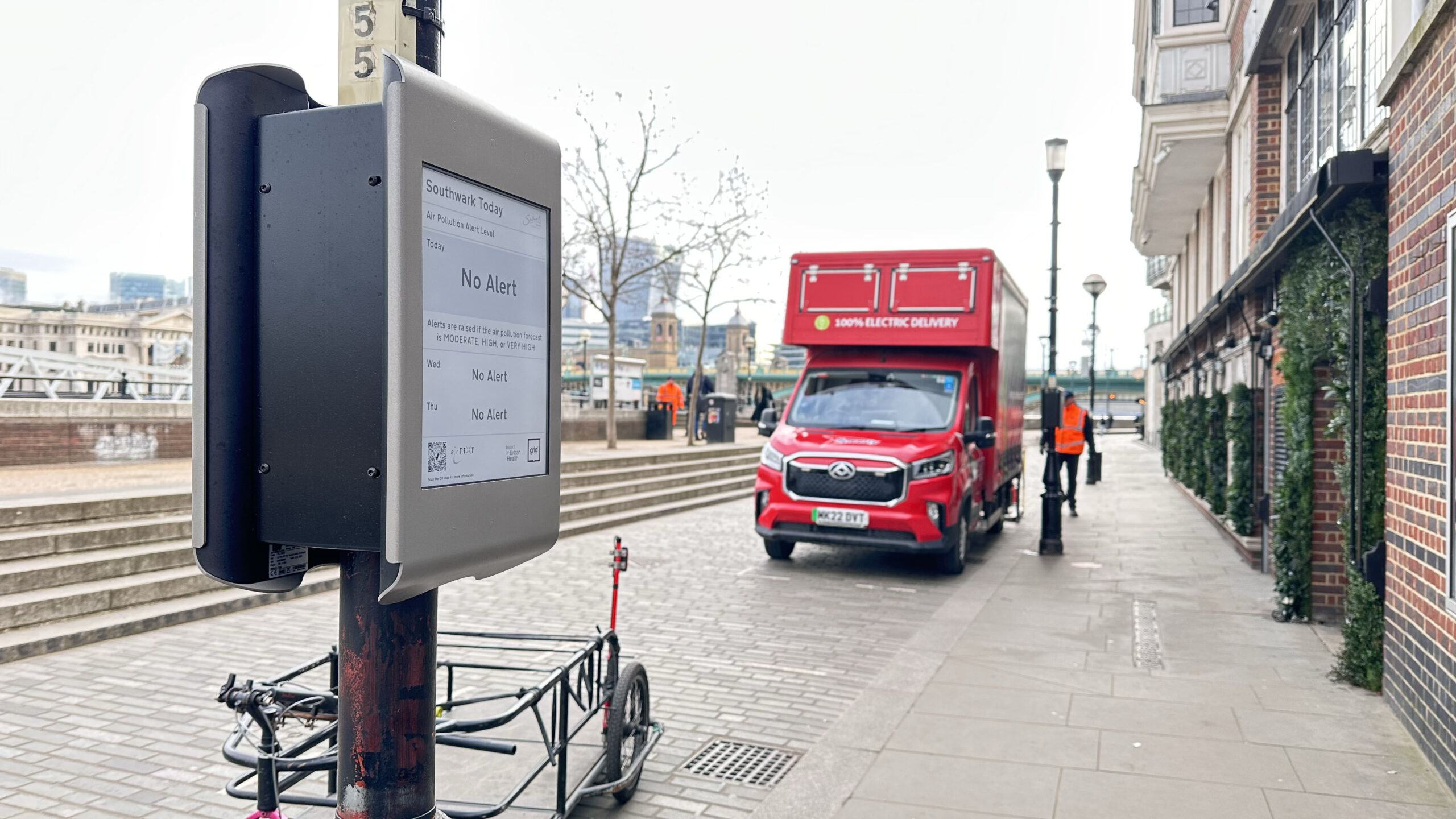London’s first Kerbside cross-docking road-river project at Bankside Pier, Southwark. A first-of-its-kind deployment, using technology to facilitate the onward delivery of freight goods via greener last mile modes into the city.
Two new bookable loading bays were introduced at Bankside Pier, to accommodate river freight activity. The advanced booking technology for the bays was delivered by Grid’s innovative Kerb® platform. This prioritised space for electric vans and cargo bikes to have a safe and accessible space for longer dwelling times for cross-docking activities outside of peak hours.
Watch a video on how the scheme worked:


Important conclusions from the independent evaluation report carried out by Steer highlighted the lessons learnt and gaps that need to be filled to effectively scale up river freight.
Key insights and recommendations can be found below:
Select the icons to view the insights
For more information read the executive summary or download the full report
By engaging with a wide range of stakeholders on a regular basis from the local authorities, logistics operators and local businesses to the public and industry experts, we were able to achieve a holistic understanding of the project’s requirements.
Working in collaboration with Impact on Urban Health, Southwark Borough Council, Steer, EMSOL and MP Smarter Travel, the Kerb-Dock project included a range of diverse perspectives, expertise, and experiences. This kind of collaborative environment fostered innovation, and efficient problem-solving, resulting in higher quality project outcomes that met the needs of all involved parties.


“Air pollution devastates people’s health in urban areas like London. Freight, the movement of goods across cities, is a major contributor to air pollution.
This project was designed to test whether we can be making better use of the river for deliveries, reducing the need for polluting vans. The results are practical, evidence-based recommendations to enable local government, freight operators and landowners to scale up the use of river freight.“
Ben Pearce, Portfolio Manager – Impact on Urban Health
“Kerb Dock has shown the necessity of managing space on cross docking activities to sustainably scale up river freight. Technology has a part to play where platforms such as Kerb can help to showcase the real-time information on deliveries at spaces where cross docking is important. The biggest success of the project has been getting all the stakeholders who are involved in this process into the room to discuss how it can be done together.”
Laura Jacklin, Commercial Development Manager – Grid Smarter Cities

“Kerb Dock has shown that with the right approaches, smart systems, and motivated stakeholders – current levels of river freight can be better managed on London’s existing piers. Extensive engagement has provided clarity, useful insight, and an action plan produced in partnerships with the project stakeholders. It’s a great resource for Local Authorities, operators, and interested parties to start considering how river freight fits within their broader aims. Steer has greatly enjoyed supporting this project and is excited to see how things develop.”
Stewart Kelly, Senior Consultant – Steer
Vehicle
mapping
Fewer emissions
Impact on Urban Health funded this innovative project to explore how a multimodal approach to freight could support a cleaner urban environment for the communities of London. Grid worked on this project with Impact on Urban Health, who were the funding partner alongside a mix of multidisciplinary stakeholders and in association with Southwark Council.



Metropolitan House, Longrigg, Swalwell, Newcastle Upon Tyne, England, NE16 3AS
© 2025 Grid Smarter Cities. All rights reserved
© 2025 Grid Smarter Cities. All rights reserved
| Cookie | Duration | Description |
|---|---|---|
| cookielawinfo-checkbox-analytics | 11 months | This cookie is set by GDPR Cookie Consent plugin. The cookie is used to store the user consent for the cookies in the category "Analytics". |
| cookielawinfo-checkbox-functional | 11 months | The cookie is set by GDPR cookie consent to record the user consent for the cookies in the category "Functional". |
| cookielawinfo-checkbox-necessary | 11 months | This cookie is set by GDPR Cookie Consent plugin. The cookies is used to store the user consent for the cookies in the category "Necessary". |
| cookielawinfo-checkbox-others | 11 months | This cookie is set by GDPR Cookie Consent plugin. The cookie is used to store the user consent for the cookies in the category "Other. |
| cookielawinfo-checkbox-performance | 11 months | This cookie is set by GDPR Cookie Consent plugin. The cookie is used to store the user consent for the cookies in the category "Performance". |
| viewed_cookie_policy | 11 months | The cookie is set by the GDPR Cookie Consent plugin and is used to store whether or not user has consented to the use of cookies. It does not store any personal data. |